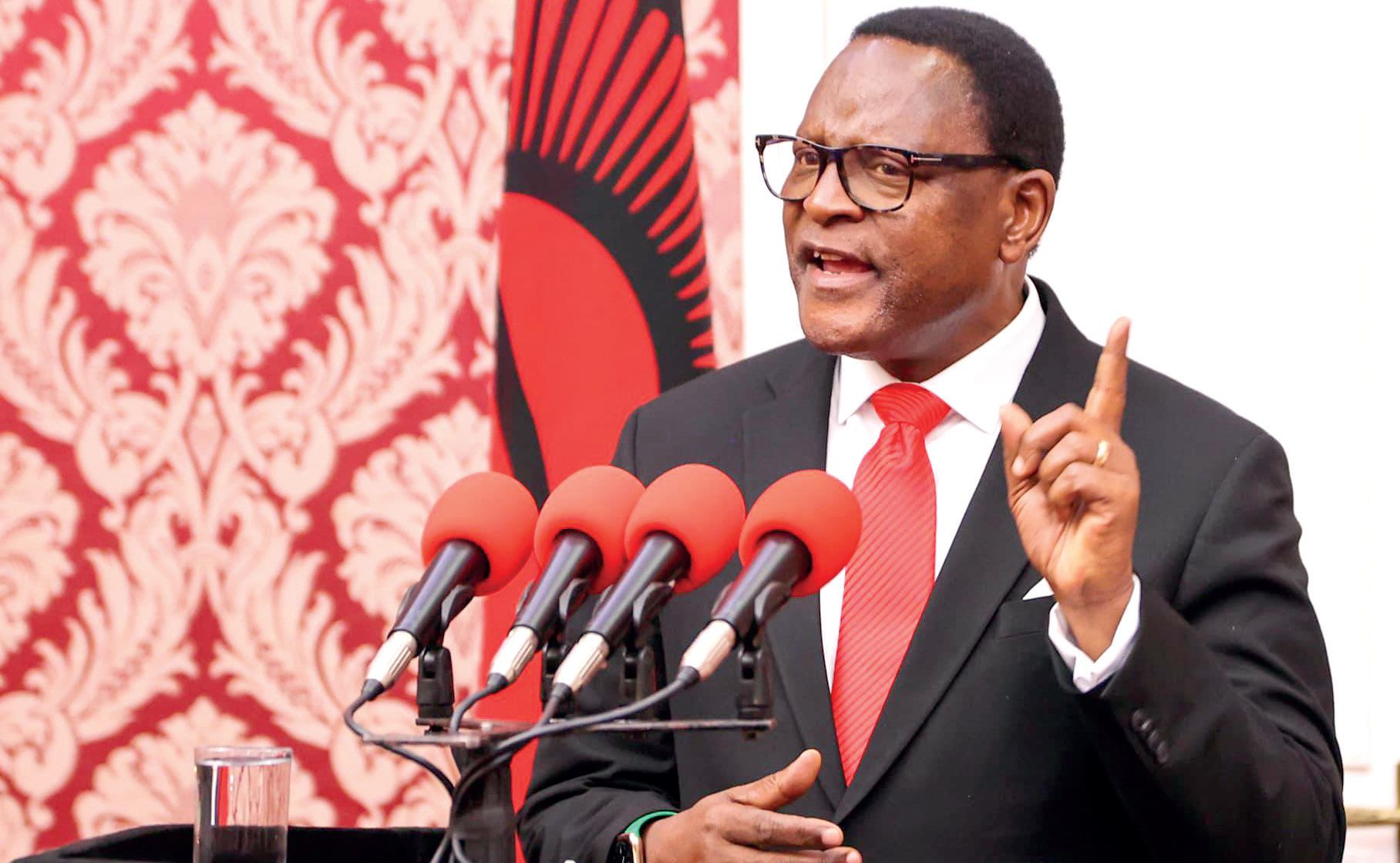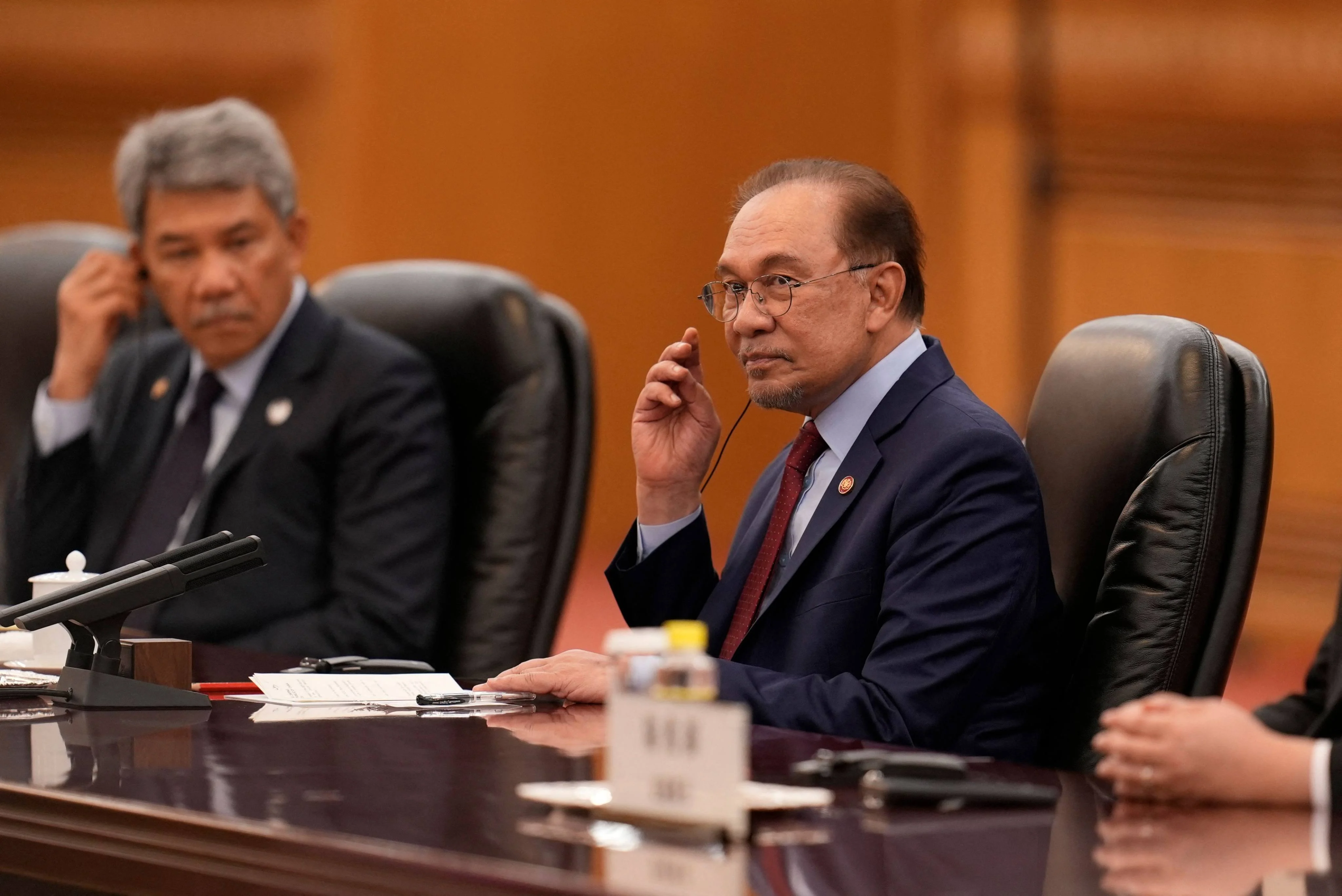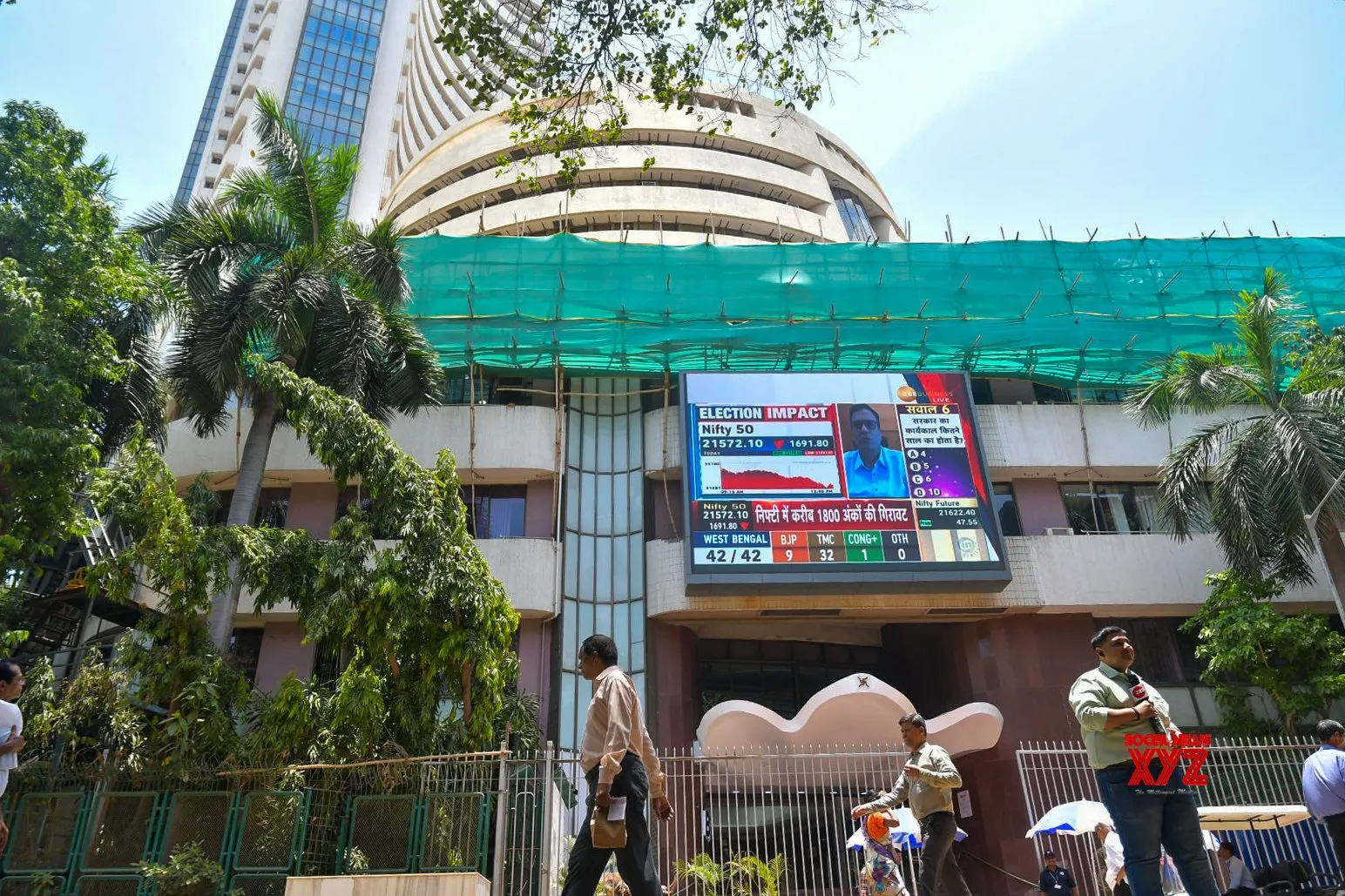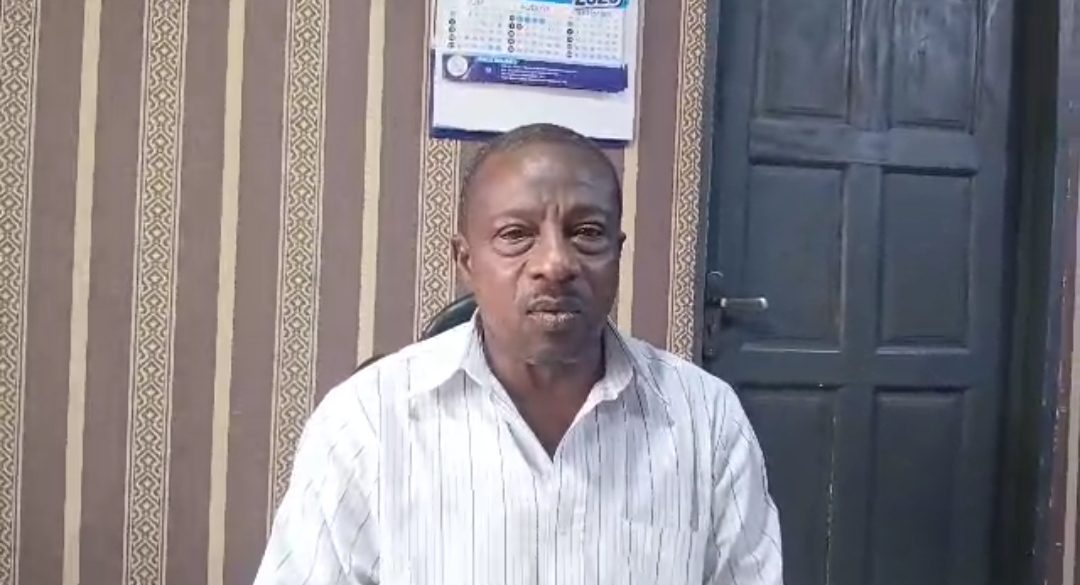By Joseph Mwale
Copyright mwnation

Pressure is piling on President Lazarus Chakwera to immediately fire public officials he accused on Monday evening of sabotaging his agenda, including fuel supply efforts.
Governance and political observers yesterday also said the President should stop the blame game and concentrate on solving the country’s problems such shortages of fuel and rising fertiliser prices.
But in a written response last evening, presidential press secretary Anthony Kasunda said there are laws that prevent Chakwera from ordering unlawful summary dismissals.
He said: “The President believes the individuals deserve to be fired right away, but since there are laws that prevent him from ordering unlawful summary dismissals, it would be unlawful for him to decree those terminations by fiat.
“The President took an oath to uphold the Constitution and the rule of law and his resolve is to follow the processes prescribed by law, which require more time than there is between now and the elections.”
In a televised national address to update the nation on fertiliser and fuel, the President accused some officers at National Oil Company of Malawi (Nocma) of working with “corrupt” cartels to put spanners in the fuel import and supply processes to create a crisis and cash in.
He also accused an opposition party he did not directly name of influencing commodity price increases to discredit his administration.
However, despite indicating knowledge of the saboteurs, the President said he can only dismiss the said individuals after next Tuesday’s elections.
Yet, Chakwera did not hesitate to crack the whip in 2021 when he quickly fired Ken Kandodo as minister of Labour over Covid-19 fund mismanagement allegations; Lobin Lowe in 2022 for the botched K750 million fertiliser deal and Kezzie Msukwa from Ministry of Lands the same year following corruption allegations.
In an interview yesterday, Chrispine Mphande, a development politics expert at Mzuzu University (Mzuni), said the inaction against those suspected of sabotaging government, including at Nocma, is an indication of the nature of the appointment.
He said too much cronyism when making appointments negatively affects the operations of the government because authorities skirt around the problem.
Said Mphande: “My take is that too much cronyism has affected the operations of the government. The Nocma issue has been there and the board chair is head of the civil service. Why not talk to her directly?” wondered Mphande, referring to Secretary to the President and Cabinet Colleen Zamba.
He added: “Government should own the challenge and make decisive decisions. That the Nocma crew that is sabotaging the government will be disciplined after elections [on September 16] leaves a lot to be desired. Act now or never. Full stop!”
On his part, accountability expert Willy Kambwandira said repeated emphasis on sabotage or conspiracies has become a pattern of deflecting responsibility and the perceived lack of corrective action raises serious doubts about the President’s sincerity.
“The President must stop deflecting the blame and instead he must take decisive action,” he said.
National Advocacy Platform national coordinator Benedicto Kondowe said in many cases, what is described as sabotage reflects weak governance systems that allow gaps to be exploited.
In an interview, he said: “Delaying action at Nocma until after elections risks politicising accountability and sends the wrong message that electoral considerations outweigh good governance.
“Leadership must be measured by decisive corrective action, transparency and reforms that tackle root causes. Owning challenges and taking responsibility would inspire more confidence than attributing blame to external actors.”
On rising cost of goods, Kondowe said government could have pursued stronger market regulation, promoted transparency in forex allocation, and invested more in local production to reduce import dependence.
Political Science Association spokesperson Mavuto Bamusi agreed, saying dictating prices of fertiliser, cement, sugar and other commodities may not work for an economy that runs on market principles of demand and supply.
An expert in electoral and identity politics Ernest Thidwa said given the majoritarian electoral system that tends to accord ruling parties legislative majority to pass laws, the opposition can hardly frustrate government.
Govt says doing something
Reacting to the queries, Minister of Information and Digitilisation Moses Kunkuyu said some civil servants have been reprimanded; others face disciplinary action while redeployments and replacements have also taken place internally.
He said: “Malawi does not need such saboteurs in any government office. As we speak, those people [at Nocma] are technically not performing any functions that would give them space to further frustrate the system.
“The current opposition has its lieutenants planted in the system over decades and sadly they have not naturalised as ‘civil servants’, but as ‘employees of government holding allegiance to a particular regime and political party’ which breeds sabotage.”
Meanwhile, University of Malawi legislative and electoral politics expert Mphatso Sambo said Chakwera is battling with the disintegration of the Tonse Alliance, as some civil and public servants may have shifted loyalty.
Chakwera is seeking re-election on September 16 and is battling 16 other presidential candidates.
Malawi has experienced rising commodity prices, which authorities have attributed to the Russia-Ukraine war that disrupted global supply chains; the lagging effects of the Covid-19 pandemic and successive natural disasters such as cyclones and droughts that ravaged critical infrastructure and forced government to borrow for recovery and reconstruction.



